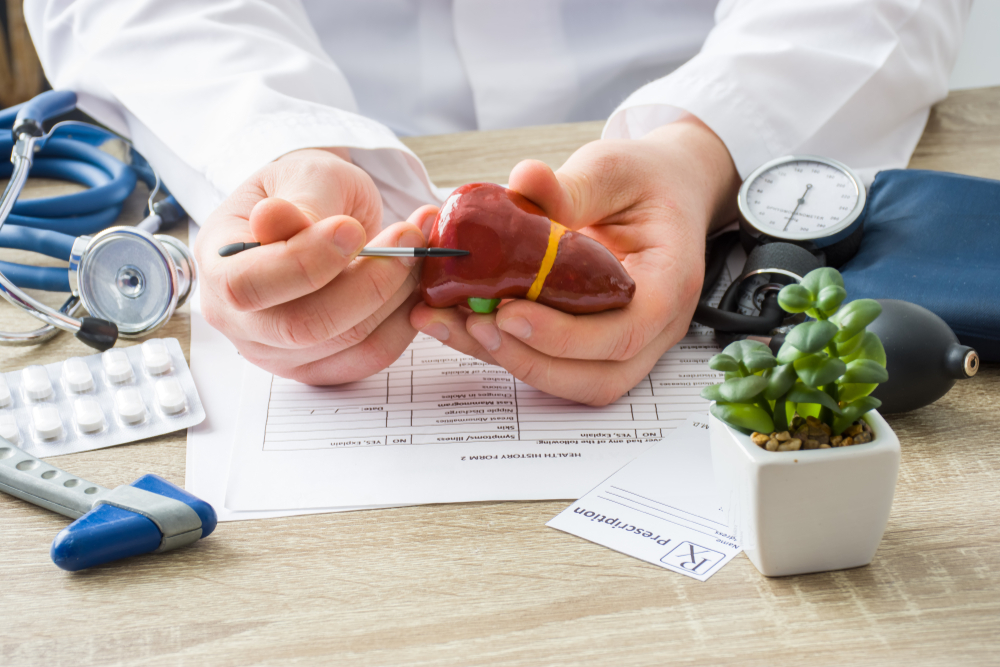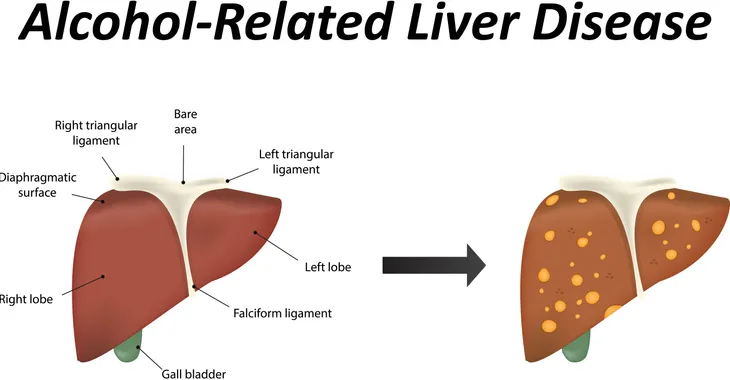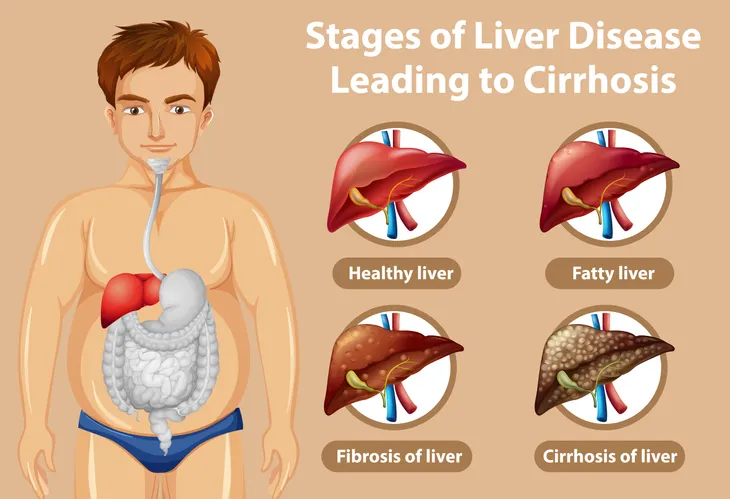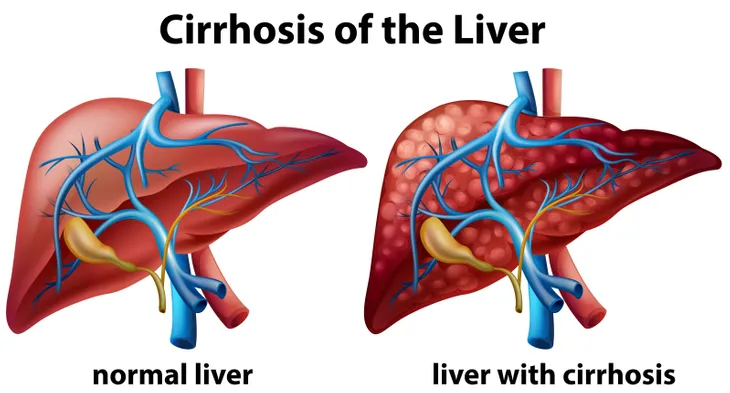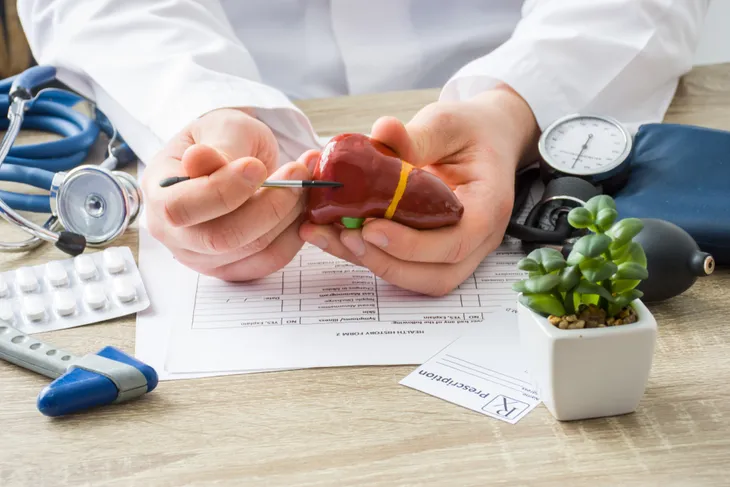Consuming alcohol in moderation usually won’t negatively impact your health. However, individuals who regularly drink excessive amounts of alcohol could experience severe liver damage in the long term. But can the liver repair itself after years of drinking? Well, the answer is both yes and no.
In this article, we take a closer look at how alcohol affects the liver, symptoms of liver disease, and whether the liver can repair itself. Here’s what you should know about the impact alcohol has on the liver.
How Alcohol Affects the Liver
Regardless of how much you drink, alcohol is toxic to the liver. According to Piedmont Healthcare, the liver has enzymes that help digest and process alcohol. But when the liver is processing the alcohol, it damages the enzymes and can reduce cells. This takes a toll on the body, and it requires time to recover.
Damage to the liver from alcohol is called alcohol-related liver disease (ARLD). There are different symptoms, stages, and recovery processes that depend on how much alcohol a person consumes.
Stages of Alcohol-Related Liver Disease
There are three stages to alcohol-related liver disease. The more alcohol you consume, the more this disease progresses. Each stage comes with its own set of symptoms and levels of severity. The three stages of ARLD are:
- Alcoholic fatty liver disease: Rarely causes symptoms, but is a warning sign that you’re drinking too much.
- Alcoholic hepatitis: A potentially serious condition where it might be the first time someone is aware their liver is being damaged by alcohol.
- Cirrhosis: The final stage where the liver has become significantly scarred due to excessive alcohol consumption.
Early Symptoms of Alcohol-Related Liver Disease
Individuals in the first two stages of ARLD (alcoholic fatty liver disease or alcoholic hepatitis) may not experience any symptoms, but some common symptoms may occur in these early stages. According to Healthline, early signs of liver damage include:
- Discomfort in the upper right side of the abdomen
- Fatigue
- Unexplained weight loss
- Loss of appetite
- Nausea and vomiting
Can a Damaged Liver Repair Itself?
The good news is people in the early stages of ARLD can recover. Just like skin, the liver is a self-healing organ that can repair itself if some of the cells have been damaged by alcohol.
Piedmont Healthcare says this requires a person to stop drinking alcohol early enough in the disease process for this to happen. Reversing the effects of alcohol-related liver disease can take anywhere from a few days to a few months, depending on how severe the condition is.
The Liver Cannot Repair Cirrhosis
Patients in the early stages of ARLD still have a chance of their liver recovering. Unfortunately, patients reach the point of no return once they are diagnosed with cirrhosis. This third and final stage involves scarring of the liver which is permanent and cannot be reversed.
According to the Liver Foundation, up to 20-percent of people with ARLD will develop cirrhosis. The National Health Service (NHS) reports that a person who reaches this point of the disease and does not stop drinking has a less than 50-percent chance of living for at least 5 more years. Cirrhosis comes with its own set of complications such as liver failure, liver cancer, and increased vulnerability to infection.
Preventing Alcohol-Related Liver Disease
Even though ARLD isn’t always treatable, it is preventable. You can avoid all three stages of ARLD by drinking in moderation. This means avoiding binge drinking and sticking to the recommended limits.
Medical News Today says moderate drinking is up to one drink a day for adult women and up to two drinks a day for men. One drink is equivalent to:
- 12-fluid ounces of beer at 5-percent alcohol
- 5-ounces of wine at 12-percent alcohol
- 1.5-ounces of spirits at 40-percent alcohol
Talk to Your Doctor About Alcohol-Related Liver Disease
Speak with your doctor if you’re concerned about alcohol-related liver disease. They can advise you on the short and long-term effects of the disease, as well as inform you on how to prevent it. You can also learn whether or not you fall under certain risk factors that make you more vulnerable to complications from ARLD.
